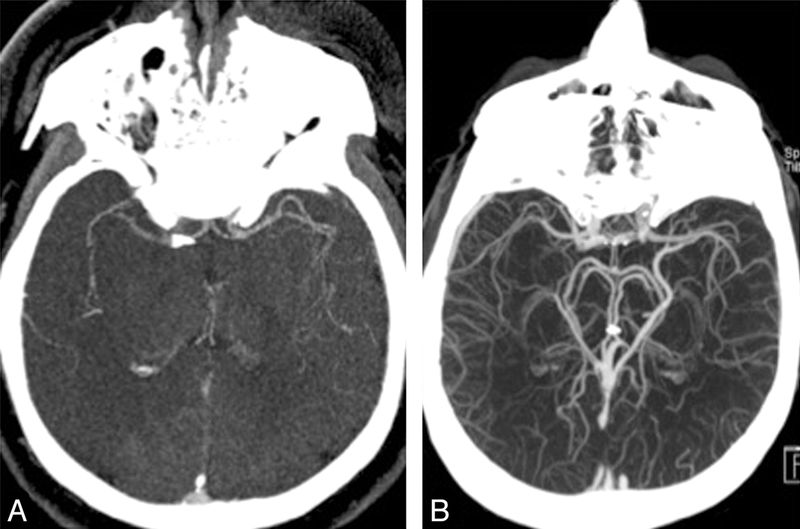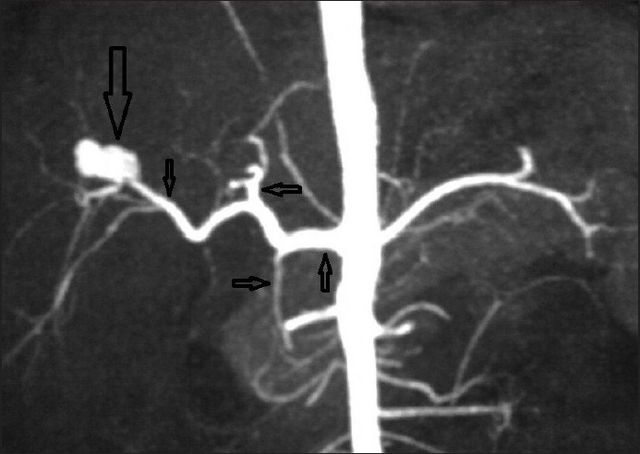Computed Tomography (CT)
Computed Tomography, or CT scan, combines x-rays with computer technology to create images of different bone and organ sections.
In standard x-rays, dense tissues like bones can block the view of the body parts behind them. Unlike standard x-rays which take a picture of the whole structure being examined, CT has the ability to image that same structure one “slice” at a time.
In CT, the various slices clearly show both bone and underlying soft tissue. CT assists physicians in both diagnosis and detection of a variety of conditions at an early stage.

CT imaging is:
- one of the best and fastest tools for examining the chest, abdomen and pelvis because it provides detailed, cross-sectional views of all types of tissue
- used to examine patients with severe injuries from incidents such as a motor vehicle accident
- performed on patients with acute symptoms such as abdominal pain or difficulty breathing
- often the best method for detecting many different cancers, including lung, liver, kidney and pancreatic cancer, since the image allows a physician to confirm the presence of a tumor and measure its size, precise location and the extent of the tumor’s involvement with other nearby tissue
- an examination that plays a significant role in the detection, diagnosis and treatment of vascular diseases that can lead to stroke, kidney failure or even death. CT is commonly used to assess for pulmonary embolism (a blood clot in the lung vessels) as well as for Abdominal Aortic Aneurysms (AAA)
- invaluable in diagnosing and treating spinal problems and injuries to the hands, feet and other skeletal structures because it can clearly show even very small bones as well as surrounding tissues such as muscle and blood vessels
- commonly recommended as a screening tool to identify potential Coronary Artery Disease (CAD) via a CT calcium scoring exam
- an alternative to traditional optical colonoscopy. A CT colonography is an advanced method of analyzing the bowel in a non-invasive way which is known to be safer and more comfortable for people.

When would I get a CT Scan?
CT scanning can be used to obtain information about almost any body part. The amount of radiation used in CT exams is equivalent to that of standard x-ray procedures. However, the information obtained from CT can be much more than that received from standard x-rays.
Physicians often use the CT examination to:
- quickly identify injuries to the lungs, heart and vessels, liver, spleen, kidneys, bowel or other internal organs in cases of trauma
- plan for and assess the results of surgery, such as organ transplants or gastric bypass
- stage, plan and properly administer radiation treatments for tumors as well as monitor response to chemotherapy.
What Will I Experience?
A dye that contains iodine (contrast material) is often injected into the blood (intravenously) during a CT scan.
The dye makes blood vessels and certain structures or organs inside the body more visible on the CT images. If an abdominal CT scan is performed, a contrast material is usually given by mouth (orally).
During a CT scan, the area being studied is positioned inside a ring or “gantry” that is part of the CT scanner. The ring can tilt and the x-ray scanning devices within it can rotate to obtain the views needed.
According to most people, the challenging part of a CT exam is from time to time the need to lie perfectly still for a longer period. However, the technologist will keep you informed as to when to be still and when you can relax and move around.
Also, contrast material may be determined to be appropriate in order to provide better results for the radiologist to review. When administered, the contrast may cause minor discomfort.
The time required will depend upon the type of scan. If oral contrast is required, about 45 to 60 minutes is needed for the contrast to move through your digestive tract. Actual scan times vary from a few seconds to several minutes.
If no oral contrast is required, the examination will take about 15 to 30 minutes, including the time for exam preparation and interview. In some cases additional scanning is required as scans are tailored to suit individual diagnostic needs.



